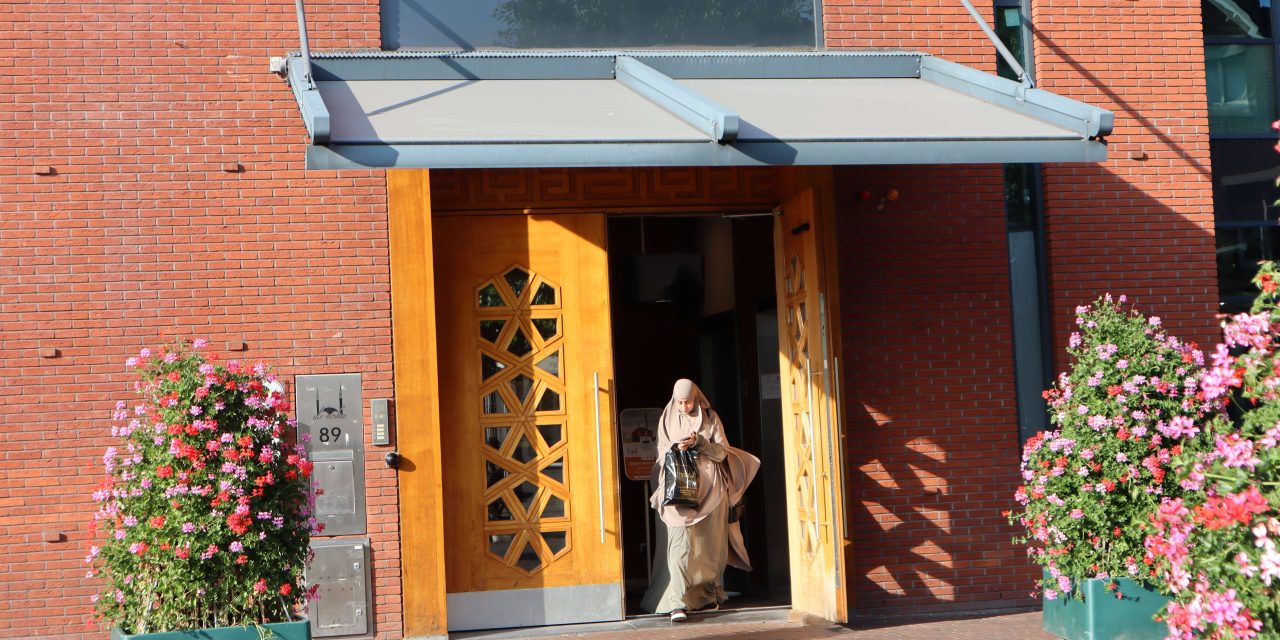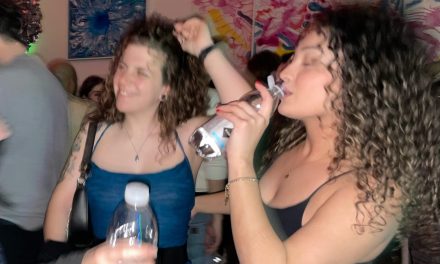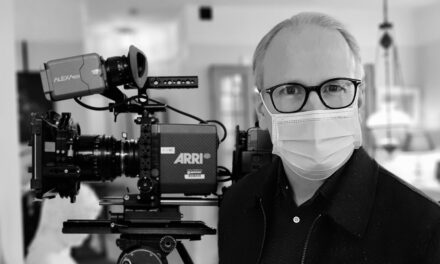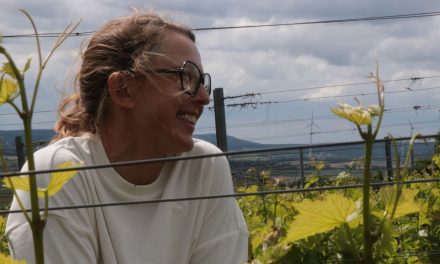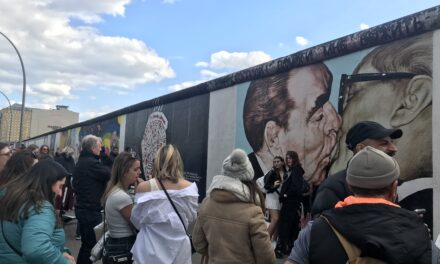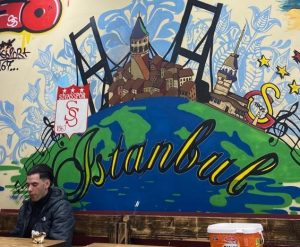
From the early sixties the Netherlands has witnessed immigration. In 1964, the Netherlands signed official agreements on labour migration with both Turkey and Morocco. As the Dutch textile and metal industries had a great demand for low-skilled workers, which led to a wave of labour migration during 1970 and 1974. Initially the Turkish population in the Netherlands were male migrants, who came from rural areas in Turkey, such as Central Anatolia and the Black Sea area. They came from low socio-economic backgrounds and were usually unskilled workers. At a later stage their wives and children came over to the Netherlands.
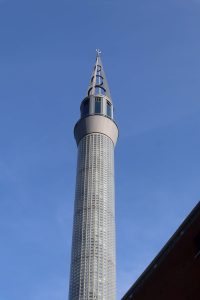
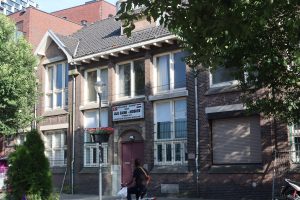
The Turkish community form the largest Mediterranean minority group In the Netherlands. In 2022, people with Turkish origins formed the largest group of the non-western population in the Netherlands with a total of 430,000 according to Statistica.
Utrecht is one of the fourth largest Dutch cities and is home to a vast Turkish community.
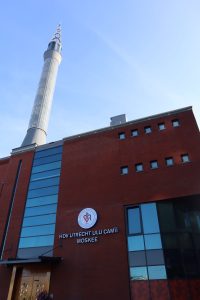
A sense of place
When the first wave of Turkish migrants arrived in the Netherlands during the sixties and seventies, they needed to gather and organize religious meetings in their new homeland. Dutch religious-social NGO Stichting Islamitisch Centrum Nederland (SICN) was founded in 1972 to provide a sense of place for the community to do their praise for Turkey’s Islamic country. Today the organization provides religious education to young Turks.
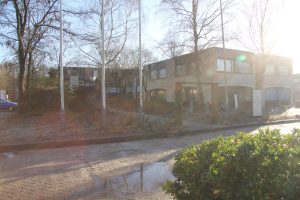
Dutch Islamic Centre Foundation
Ahmed Kacar, spokesperson for the organization and a former student had grown up in his home speaking Dutch with his mother and recounted a time in his younger years when he found it hard to communicate with his farther because of language barriers. Which led to his parent’s decision to have him join the organization to learn about the Muslim religion and his cultural heritage.
“Until I was 16, I never had a Turkish friend, except my cousins. I always grew up with the Dutch. My farther thought ‘this guy needs to learn some Turkish. He needs to learn about his own culture’. [his parents] decided to send me there. I’m really happy about it because I have a wider vision now in life,” he said.
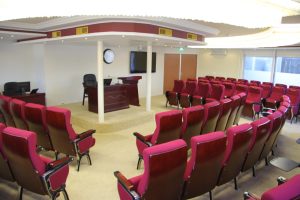
Inside SICN. Community room.
There was a time when Kacar didn’t feel confident enough to say to others that he was Turkish because he wasn’t fluent in the Turkish language but since his involvement in the organization, he’s assured that his knowledge on Turkey’s culture and mother tongue has improved.
He recalls many children coming to the organization with the same insecurities he had as a young boy, “after they go into this committee in the first months or weeks it can be difficult…it’s a totally different culture. They’ve grown up in a Dutch culture and instantly start to learn the Turkish culture, especially children like me. It was a big step…,” he said.
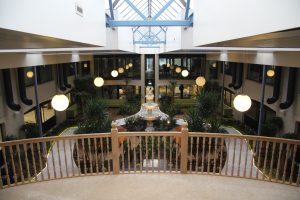
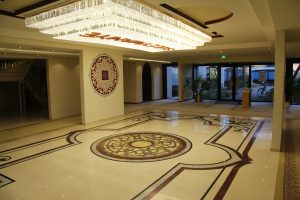
“There will always be people who will disagree or cannot understand or try to understand about different cultural religion…There will always be people who will be extreme in their reactions, some of them will be very curious. There are many different mindsets and people here. I don’t have to accept it, but I respect it,” Kacar said.
Kacar has said the organization receives support from the political party DENK, a party that was founded by Tunahan Kuzu and Selçuk Öztürk, two Turkish Dutch members of the House of Representatives. “In this country with another culture and religion it can be forgotten and not seen as important. It’s just as important to have people who remind others about this and remember it,” he said.
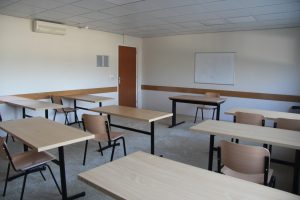
Coming up on June 28 is a Muslim religious festival known as The Eid Al-Adha, or the Feast of the Sacrifice. It is the second major Muslim festival in the Islamic calendar after Eid al-Fitr, that notes the end of Ramadan. The Eid Al-Adha lasts for three days. On the first day Muslims give an offer to sacrifice an animal and send off the pieces of meat to the less fortunate. SICN will offer its services as a point of transit to send the meat to countries in Africa and Asia.
Speaking about his connection to his Turkish roots Kacar said:
“I’ve Turkish blood in me and I really love it. I have to respect it and keep this culture. I will teach this to my [future] children and other children who also has this blood, to learn about their culture because of their parents and family members,” he concluded.
